

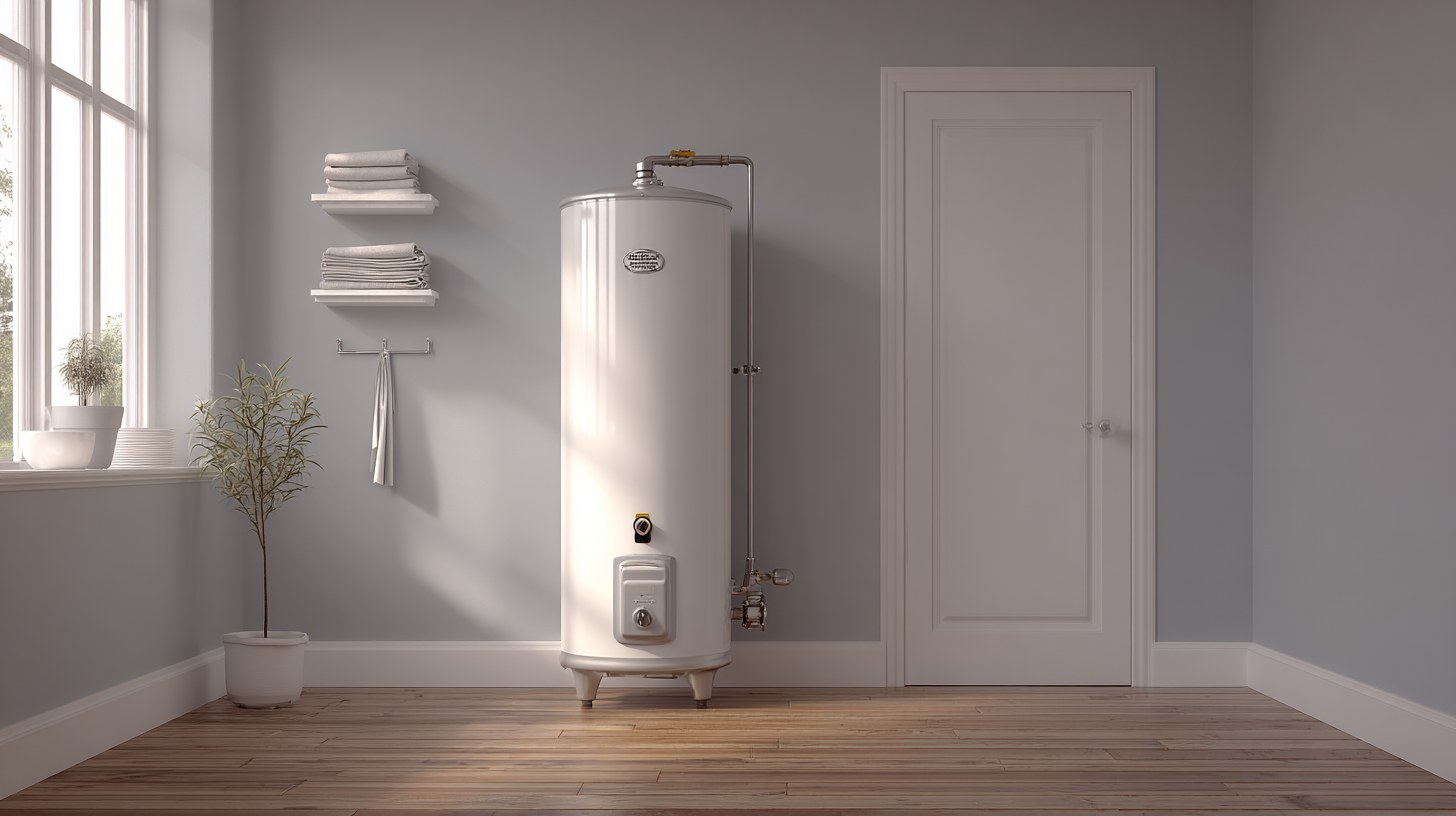 Choosing the right water heater for your home can be a daunting task, especially with the myriad of options available on the market today. Whether you are upgrading an old unit or installing a new system, understanding the essential features and specifications of water heaters is crucial to making an informed decision. This article presents seven essential tips that will guide you through the process of selecting the perfect water heater to meet your family's needs.
Choosing the right water heater for your home can be a daunting task, especially with the myriad of options available on the market today. Whether you are upgrading an old unit or installing a new system, understanding the essential features and specifications of water heaters is crucial to making an informed decision. This article presents seven essential tips that will guide you through the process of selecting the perfect water heater to meet your family's needs.
In addition to considering the size and type of water heater, you’ll also want to evaluate factors such as energy efficiency, warranty options, and installation costs. Each of these factors plays a critical role in ensuring that your investment not only fits your budget but also provides reliable hot water for years to come. By following these tips, you can confidently navigate the complexities of water heater selection, ensuring maximum comfort and efficiency for your home.
When choosing the perfect water heater for your home, it’s essential to first understand your hot water needs. Assessing your household consumption will help you determine the appropriate capacity and type of water heater. Consider how many people live in your home, their daily hot water usage, and the peak times when hot water is needed. This information will guide you toward selecting a water heater that can efficiently meet your demands without wasting energy.
In terms of tips, start by evaluating your current hot water usage. Track how often you use hot water for various activities such as showering, washing dishes, and laundry. This assessment can reveal patterns that can inform your decision on the size and type of water heater to purchase. Additionally, consider the energy efficiency of available models, as this can significantly impact your utility bills. Modern water heaters often include advanced technologies that allow for better heat retention and reduced energy consumption, making them a smart choice for long-term savings.
When choosing a water heater for your home, understanding the different types available can make all the difference. Water heaters typically fall into a few main categories: traditional tank heaters, tankless models, and instant heaters. Traditional tank heaters store hot water for immediate use and are ideal for larger households that require a consistent supply. Conversely, tankless water heaters heat water on demand, offering significant energy savings and endless hot water, making them a great choice for smaller spaces or homes with lower hot water needs.
Additionally, considering your energy source is crucial. Gas and electric water heaters each come with their advantages and drawbacks, influencing both the initial investment and long-term operating costs. It’s also wise to check for any available warranties, as these can provide peace of mind and protection for your investment. Moreover, for eco-conscious homeowners, looking into options like instant water heaters can significantly enhance energy efficiency, reducing both utility bills and environmental impact.
| Type of Water Heater | Energy Source | Efficiency Rating (EF) | Average Lifespan | Initial Cost ($) |
|---|---|---|---|---|
| Traditional Tank | Electric/Gas | 0.58 - 0.95 | 10-15 years | 300 - 1,500 |
| Tankless (On-Demand) | Electric/Gas | 0.82 - 0.94 | 20 years | 800 - 2,500 |
| Heat Pump Water Heater | Electric | 2.0 - 4.0 | 10-15 years | 1,200 - 3,500 |
| Solar Water Heater | Solar Energy | 3.0 - 5.0 | 20 years | 5,000 - 8,000 |
| Condensing Water Heater | Gas | 0.90 - 0.96 | 12-15 years | 1,500 - 3,000 |
When selecting a water heater for your home, energy efficiency should be at the forefront of your decision-making process. Energy efficiency ratings, which are often indicated by the Energy Factor (EF) or the Uniform Energy Factor (UEF), reflect how effectively a water heater converts energy into hot water. A higher rating means less energy consumption for heating water, which translates into lower utility bills over time. It's worth investing time in researching different models and comparing their ratings before making a purchase.
Moreover, consider the long-term savings that energy-efficient water heaters provide. While these units may come with a higher upfront cost, their superior performance can lead to significant savings in energy bills. Additionally, many energy-efficient models are designed to adapt to varying hot water demands, further enhancing affordability. Be sure to also look for heaters that meet local energy certifications, as these can assure you of the unit's efficiency and reliability. Making a well-informed choice based on energy efficiency ratings will not only benefit your wallet but also contribute positively to the environment.
When choosing a water heater, installation considerations play a crucial role, especially when it comes to finding the right space. It's essential to assess the physical dimensions and layout of your home to ensure the water heater can be accommodated properly. According to the U.S. Department of Energy, an average family of four requires a water heater with a capacity of at least 40 gallons, but space constraints may impact size selection. For instance, tankless water heaters, which offer on-demand heating, could be more suitable for homes with limited square footage.
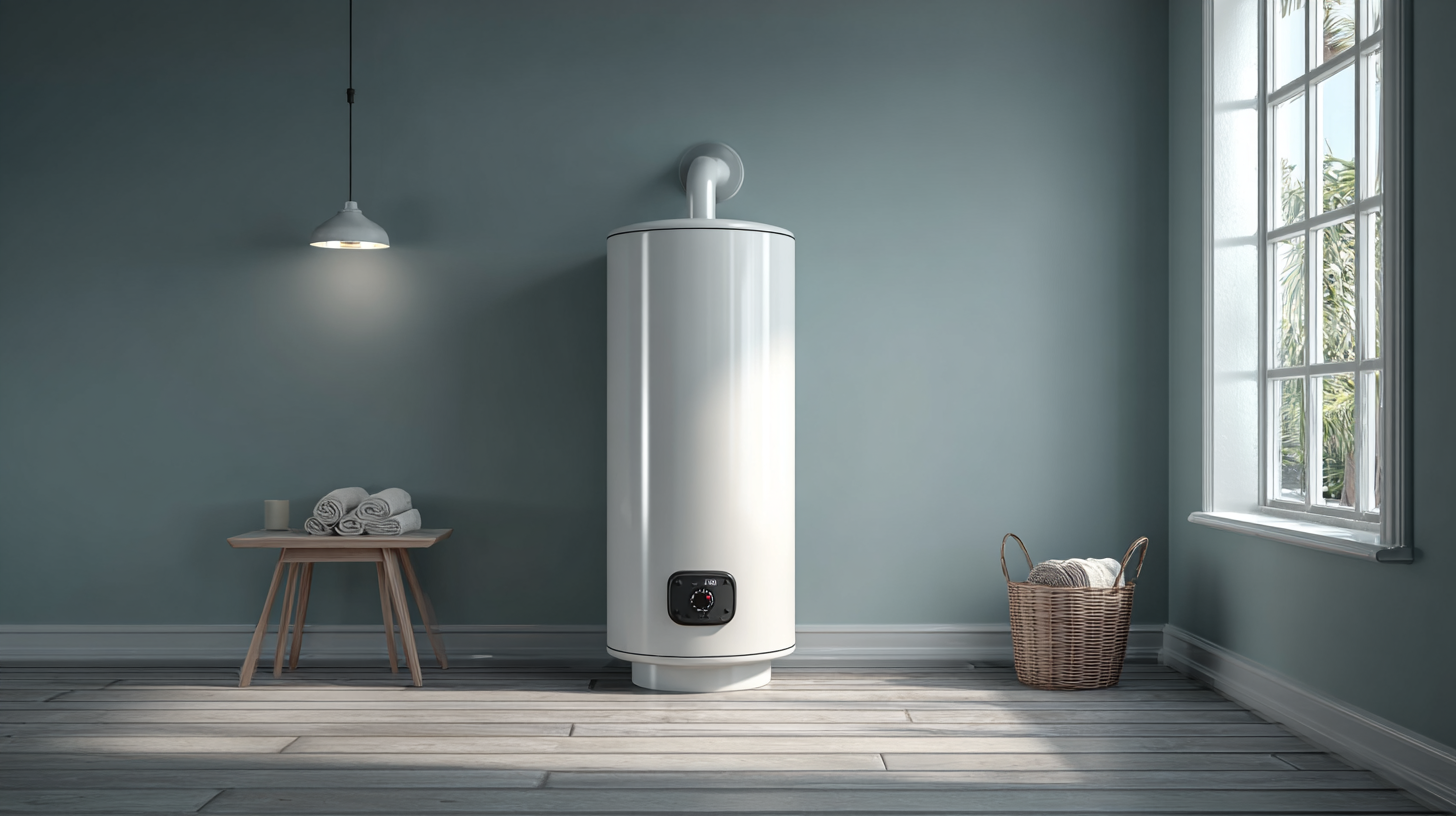
Another critical factor is ventilation. Traditional storage tank heaters require adequate ventilation to prevent the buildup of harmful gases. If you’re considering a gas water heater, it’s essential to install it in a well-ventilated space, ideally near an exterior wall. Meanwhile, electric water heaters need less venting but still require sufficient clearance for maintenance. The National Fire Protection Association recommends maintaining at least 18 inches of clearance around a water heater to ensure safe operation and accessibility. These considerations help not only in optimizing your space but also in enhancing the overall efficiency of your heating system.
When selecting a water heater, warranty and maintenance are crucial factors that can significantly influence the longevity of your investment. A good warranty not only protects you from unexpected repair costs but also indicates the manufacturer's confidence in their product’s durability. Look for heaters that offer at least a six to twelve-year warranty, as this timeframe usually suggests higher quality components that are designed to withstand wear and tear over time. Additionally, pay attention to what is covered under the warranty—components like the tank, heating elements, and labor are essential to consider.
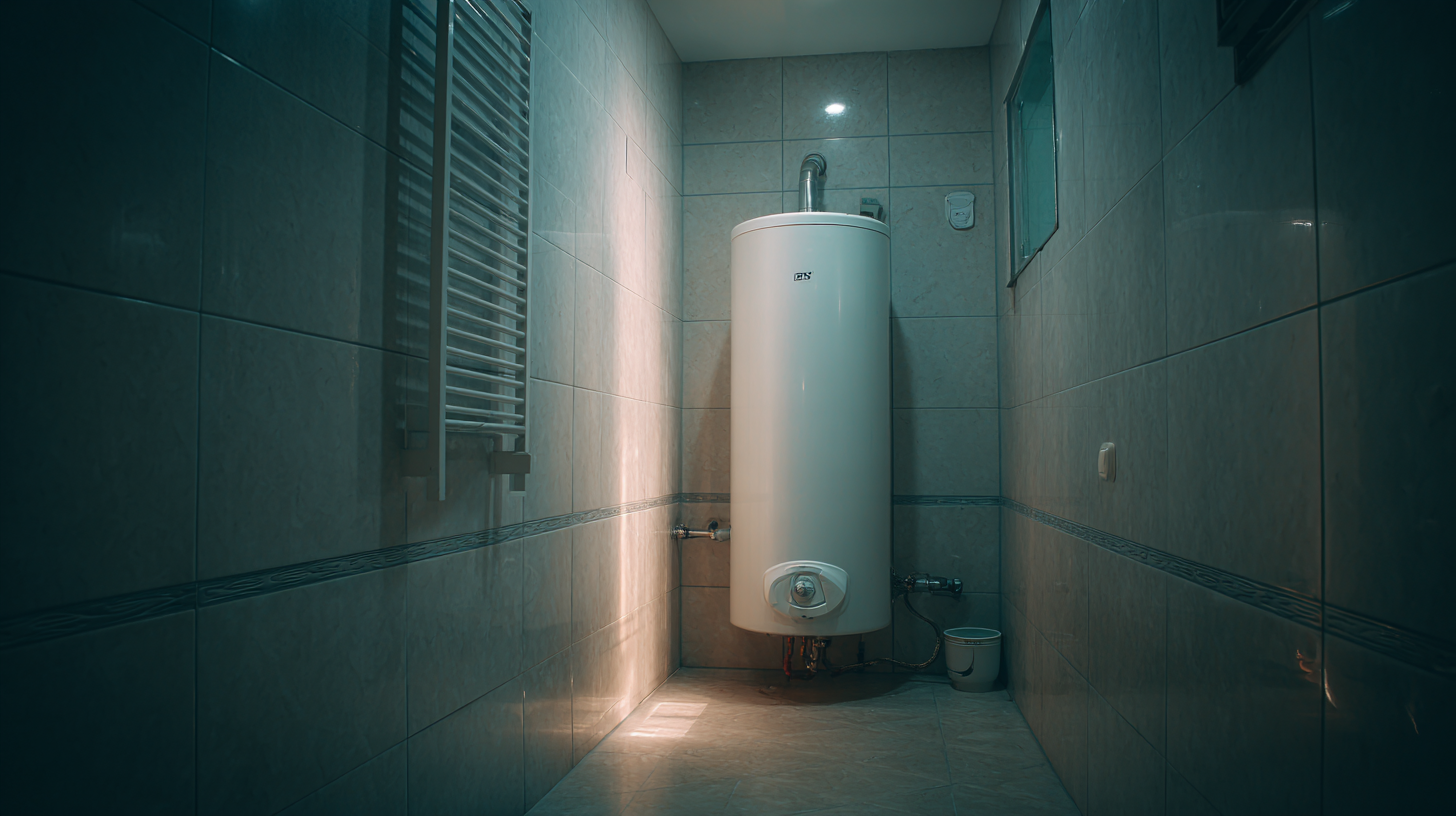
Maintenance plays an equally important role in the overall lifespan of your water heater. Routine maintenance tasks, such as flushing the tank to remove sediment buildup and checking the anode rod, can prevent corrosion and inefficiencies. Some manufacturers provide maintenance guidelines, making it easier for homeowners to adhere to best practices. Engaging a professional for annual inspections can further ensure that your water heater operates at peak performance, ultimately extending its life and providing you with reliable hot water for years to come.
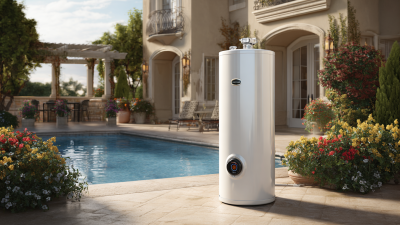
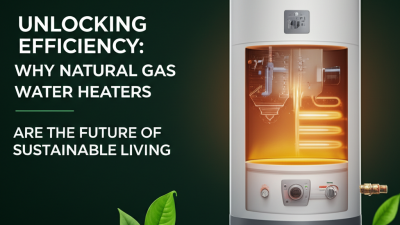

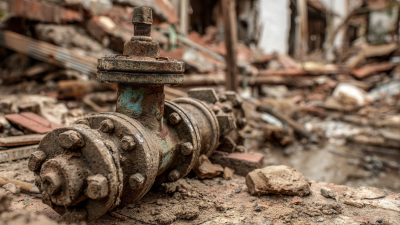
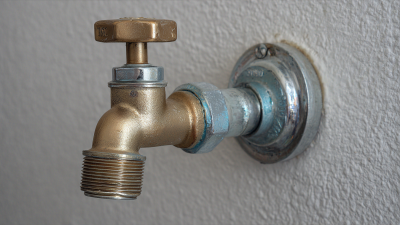
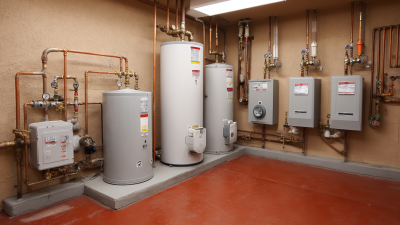
© Copyright 2025 | LittleFirefighter.com | All Rights Reserved | 1EZ Creative: Orange County Web Design
Fusce ut ipsum tincidunt, porta nisl sollicitudin, vulputate nunc. Cras commodo leo ac nunc convallis ets efficitur.

12345 North Main Street,
New York, NY 555555
1.800.555.6789
sale@vibrotools.com
